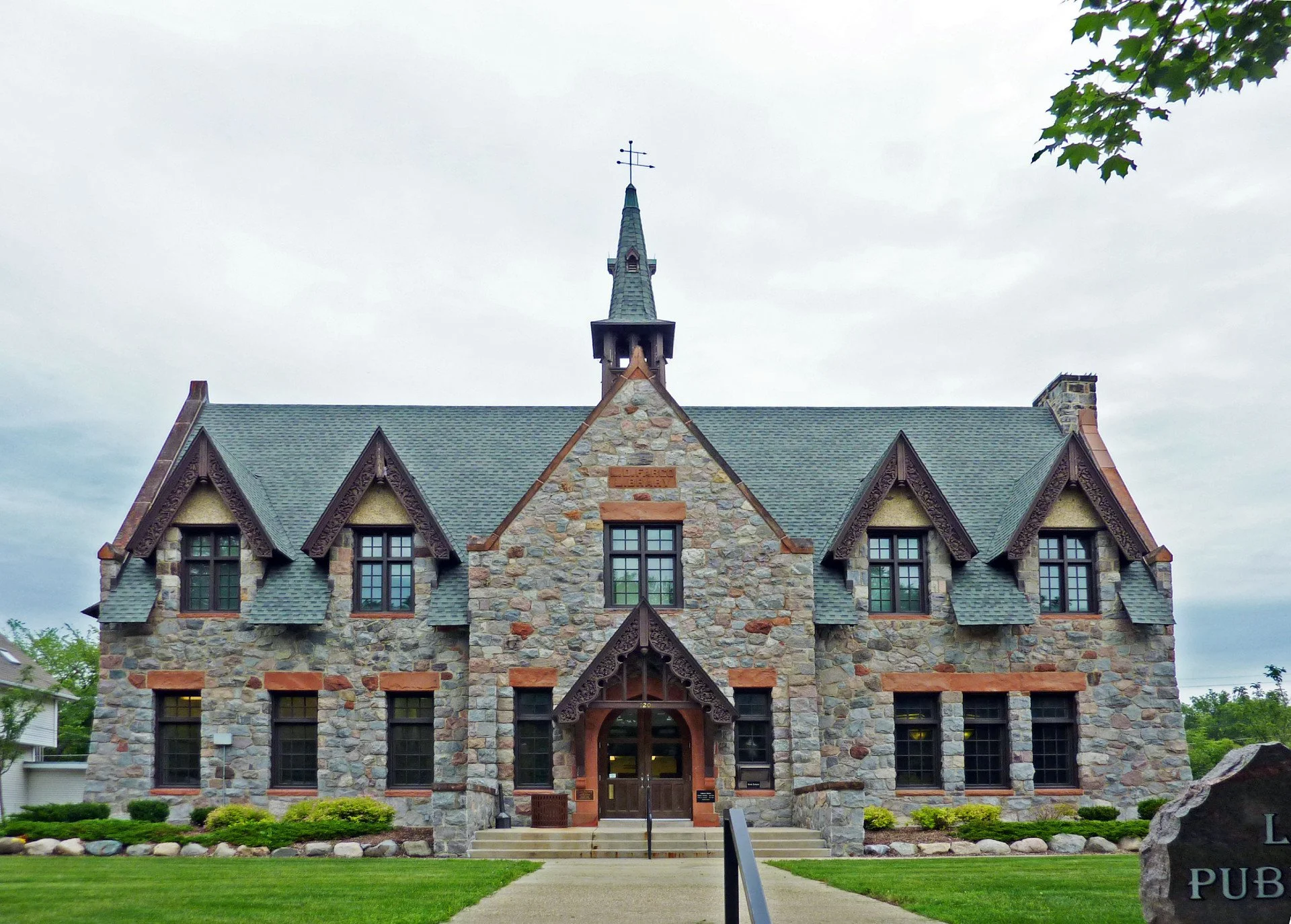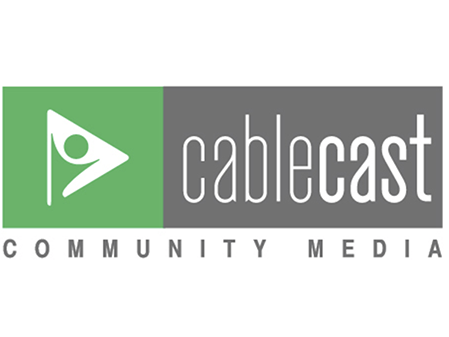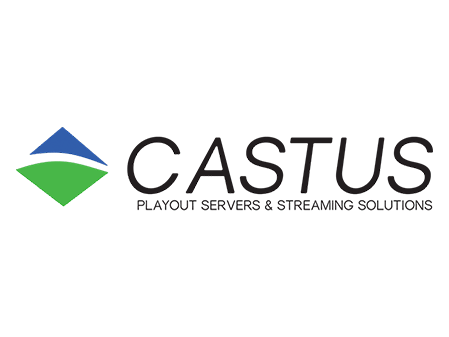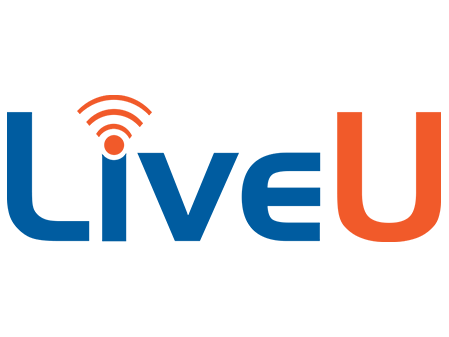Twenty miles west of Madison and 50 miles east of Milwaukee, lies a very contented small town called Lake Mills, population 6,200. Tucked up against Rock Lake, residents here enjoy a close knit community, good schools, wonderful recreational opportunities, and a low crime rate. Keeping their community growing in a way that retains all the good things they have come to treasure is very important to residents. So it's no surprise that residents here expect to be kept well-informed about the activities of their local government. The City of Lake Mills Community and Government TV channels have been meeting this need for nearly forty years.
Lake Mills has a long history of using its two cable TV PEG (public, education, and government) channels that dates back to the 1980’s when many small to medium-sized communities in Wisconsin went through a high-profile public process to choose between several cable companies vying to serve them. Offering PEG channels was an important way companies would show they were going to serve the needs of the community, a key selection criterion. Especially for cities like Lake Mills that were served by local broadcast stations based in big cities like Milwaukee and Madison, having a locally controlled cable channel that would focus on them as a priority was extremely attractive. Dave Grooman, the city’s Cable TV Operator and IT Specialist, says “The City always supported using the PEG channels to interact with the community and over the years our PEG channels have developed a devoted audience. That said, we are continually working to promote our channels, especially to newcomers.”
Promoting the channels is essential especially since Charter/Spectrum moved the PEG channels to the “nosebleed” section of the line up in 2008. Viewers now find the Lake Mills channels on 993 (government) and 994 (community/education). The program schedule is on the city’s website because Charter/Spectrum does not permit the city to use its Electronic Program Guide. “Promoting the existence of PEG channels is still the greatest challenge I think PEG managers face,” said Dave. “I think social media has really helped us get the word out.”
Dave has been working in the field for nearly 40 years. After receiving a BA in Broadcast Journalism, Dave began his career in 1987 working for Metrovision in Lincoln, Nebraska, where he was the public access coordinator overseeing four PEG channels. In 1996, he accepted a position with MATA Community Media in Milwaukee, where he worked alongside Executive Director Vel Wiley, managing day-to-day operations and working with community producers. While at MATA, Dave completed a social media marketing certificate and worked on an associate degree in Network Enterprise Administration from Waukesha County Technical College, which he completed in 2016. He also worked part-time for the City of Jefferson, managing its cable TV operations. In 2015, Dave left MATA and began working for the City of Lake Mills.
“The City of Lake Mills takes its responsibility to be transparent very seriously,” said Dave, “and our PEG channels are a central way the city accomplishes this.” Since the 1980’s, coverage by commercial media has only gotten worse. Broadcast TV and radio still rarely cover Lake Mills and the town’s newspaper, the Lake Mills Leader, publishes only a handful of new articles weekly. The City, however, provides residents with a clear public record of its activities with gavel-to-gavel video documentation of its meetings, features on its projects, and community events coverage. “Because of the coverage we do, everything the city does is readily available to residents,” said Dave. “This is really important because rumors can start and we’re able to put them to rest pretty quickly.”
The city also makes every effort to reach all of its constituents with the content it produces. “The way we do that is to distribute programming in different ways to reach different audiences. We use cable TV, but we also use Facebook and YouTube. I just noticed an article today about a recent Nielsen survey that reported that Americans spend only 26% of their ‘screen time’ watching streaming services and 64% of their time watching traditional television -- either broadcast or cable TV. That means it’s still very important that we continue to have a presence on cable television while continuing to reach the audiences using social media for information.”
Local government meetings are carried live from the council chambers on channel 993, Zoom, Facebook, the city’s website and its YouTube channel. Those meetings include coverage of City Council, Plan Commission, the Public Works Board, and the School Board. The coverage of City Council is enhanced with the use of a Granicus system that allows people to go directly to a particular agenda item in the video coverage on the city website. The city also obtains recordings of the Lake Mills Town Board and the Jefferson County Board and makes them available to viewers within 24 hours. Listening sessions held to discuss major city issues like the comprehensive plan and the selection of the new city manager are also recorded and replayed within 24 hours. “People can’t say the city didn’t let people know about something,” said Dave.
When the Covid pandemic started, Lake Mills switched to live hybrid meetings after a $50,000 upgrade in equipment from the federal Cares Act. Hybrid meetings continue to this day. The investment in a Tricaster and upgraded audio has proven to be a good one. “The system is not only routinely used by our boards and council, but it’s also being used several times a week by our city departments to meet with people off-site,” said Dave.
Covid also shut down community events and with nothing to cover, Dave directed his time toward developing programs for city departments and tending to his IT duties. The shift away from covering community events continues. “There’s a lot going on in city government,” said Dave. The city has embarked on many development projects and Dave is providing ongoing visual documentation on their progress to the governmental bodies that are responsible, as well as to the public, which in most cases will be voting on them through referendums. Two weeks ago, Dave put together a presentation for the Public Works Board covering projects at twelve sites.
Coverage of what is going on in the community that is unrelated to government activities, though, is also important. Dave said, “I would like to see more participation from the community in providing programming for our community channel. Although the city does not offer training or have equipment or a studio for people to use, there are five local churches who submit programming and sometimes people submit other programs.” Besides programs submitted by residents of the Town and City of Lake Mills, the mission of the community channel allows for the carriage of “outside” programming that is educational and entertaining for residents. Dave often carries programs produced or distributed through media centers in other Wisconsin cities who use the Wisconsin Community Media program sharing library.
“I’ve been working in the field of community media for nearly forty years, and what I enjoy most is the way PEG media can convey a sense of community. A good day for me is when I can do a Facebook post about a city employee finding a kid’s bike and locking it up for safekeeping and then there’s a response thanking the employee for its safe return. Or when someone recognizes me and thanks me for providing coverage of an event. Or when a county board member tells me that his mother watches every single meeting. I believe we provide an invaluable service when we offer gavel to gavel coverage of a meeting or complete coverage of an event. When there’s no manipulation or editing. People trust that. And having that kind of trust these days is rare and valuable.”
























